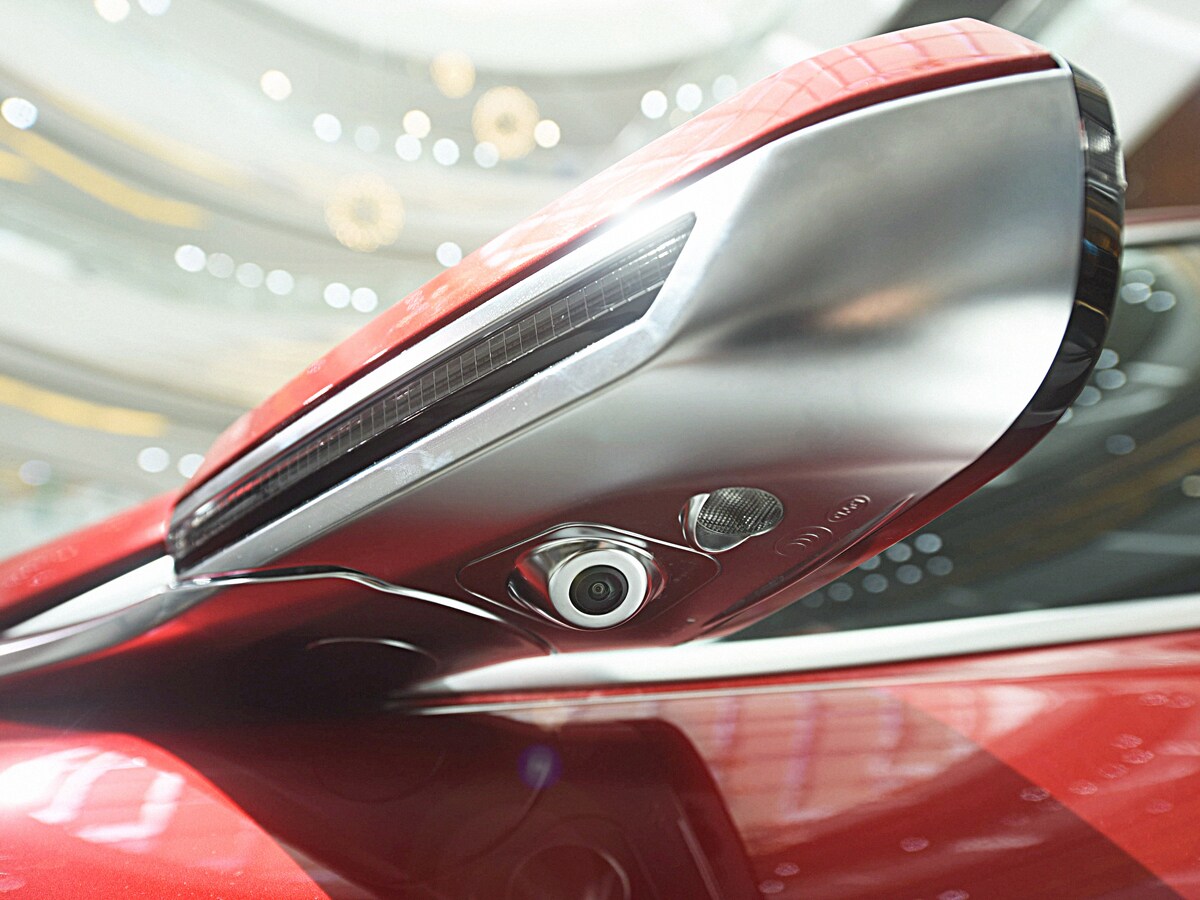After a meteoric rise, some sections of the market have experienced a sharp reversal lately, and the electric vehicle (EV) and electric vehicle battery (EVB) sectors are no exception. Our Global Thematic ETF Screener shows that the Electric & Autonomous Vehicles theme has fallen 11.35% over the past month, while the Lithium & Battery Tech theme has slipped back 16.54% (as of Friday 5 March’s close).
The Global X Autonomous & Electric Vehicles ETF [DRIV] – which includes carmakers as well as battery-focused companies such as BYD [002594] and Livent [LTHM] – has been the best performer of the four EV-related ETFs we track, sliding 6.80% over the last month, versus a 0.04% rise in the S&P 500.
While Tesla [TSLA] is a popular stock for investors keen on EVs, a recent Goldman Sachs report predicts that “the future of electric vehicles is going to be dictated by the firms who are trying to improve the batteries that power them.”
“The future of electric vehicles is going to be dictated by the firms who are trying to improve the batteries that power them” - Goldman Sachs
Among those organisations potentially well-placed to achieve a breakthrough in lithium ion batteries, as well as the next generation of solid-state batteries, Goldman highlights Chinese EV battery makers BYD and Contemporary Amperex Technology Co Ltd [CATL].
We take a closer look at these EVB stocks’ recent performances and outlook, along with the US EV battery maker Livent.
BYD Co Ltd
Electric car and battery maker BYD’s Hong Kong-listed share price zoomed 703.27% from a low of HK$33.55 on 23 March 2020, to HK$269.60 on 16 February, but has since dropped back in line with the decline across the wider disruptive tech sector, skidding 27.67% to close at HK$195.00 last week.
BYD’s share price rise helped it facilitate a bigger-than-planned $3.9bn stock sale in January. The firm sold 133 million new shares, representing 14.5% of its Hong Kong-listed stock. BYD – which Warren Buffett’s Berkshire Hathaway has held a stake in since 2008 – has now joined peers like XPeng [XPEV] and Nio [NIO] in capitalising on investor bullishness surrounding the EV sector. The deal, which is BYD’s biggest equity financing since it listed in Hong Kong in 2002, will help the firm pay off debt and strengthen its position.
703.27%
BYD's share price rise between its March low and 16 February
BYD's share price has an average price target of HK$235.81, which is 20.93% higher than last week’s closing level. With 21 buy, two overweight, one hold and three sell ratings, analysts covering the stock have become more positive in the last three months, with four additional buy ratings. On a consensus basis, the Wall Street Journal has an overweight rating on BYD’s share price.
Contemporary Amperex Technology Co Ltd
Chinese battery manufacturer Contemporary Amperex Technology Co’s (CATL) share price climbed impressively from RMB105.01 on 23 March last year, to RMB424.99 on 8 January, but it has since fallen 41.66% to RMB300.00 (through 9 March’s close).
A recent Moody’s report into the EV space highlighted that tightening carbon regulations will fuel a sharp rise in production, which will help boost EV battery demand, but could also pose operational risks and leverage challenges. Moody’s highlights the International Energy Agency’s forecast that global battery capacity for EVs “will grow by 24% on a compounded annual basis between 2020 and 2030.” While this will inevitably “drive battery makers' production volumes and revenues – and in turn their profits – large investments for rapid expansion comes with operational risks…”, says Moody’s.
Moody’s reckons strong relationships between EV battery producers and EV carmakers will be key for the former. Moody’s offers a positive outlook for CATL, giving it a “Baa1 stable” rating. The report says CATL's margin will remain high and “stay around low double-digits over [the] next 12-18 months, thanks to high capacity utilisation and China's EV subsidies”. In comparison, competitor battery makers' margins are predicted to be single-digit or less.
Livent Corp
Battery chemical maker Livent’s share price jumped 507.34% from its 52-week low of $3.95 last March to reach a high of $23.99 on 20 January. Since then though, the Philadelphia-based company’s shares have dropped to $16.70 (at the close on Friday 5 March), with the current downtrend exacerbated by Livent’s 18 February earnings update, which saw full-year earnings sink over 25% to $288.2m.
However, in its guidance for FY2021, Livent forecasts revenue of $335m-$365m, with CEO Paul Graves “encouraged by the strong growth in EV sales in 2020, setting record highs despite significant Covid-19 related disruption to global supply chains and the end-consumer." Looking ahead, he added: "We expect the positive lithium market conditions that started to appear in the fourth quarter will continue in 2021. The extent of demand growth for lithium over the coming years is becoming more certain…”
“We expect the positive lithium market conditions that started to appear in the fourth quarter will continue in 2021. The extent of demand growth for lithium over the coming years is becoming more certain…” - Livent Corp CEO Paul Graves
Livent received a welcome boost in November after the extension of its lithium hydroxide supply agreement with Tesla through 2021, which commits to higher volumes than in 2020, as well as making encouraging noises about a long-term supply partnership with Tesla beyond 2021.
Livent currently has an average share price target of $18.50, 15% higher than its close of $16.09 on 8 March. Of the analysts covering the stock, there are three buy ratings, one overweight, nine hold, one underweight and one sell rating, according to the WSJ, giving a consensus hold rating on Livent’s current share price.
Continue reading for FREE
- Includes free newsletter updates, unsubscribe anytime. Privacy policy





